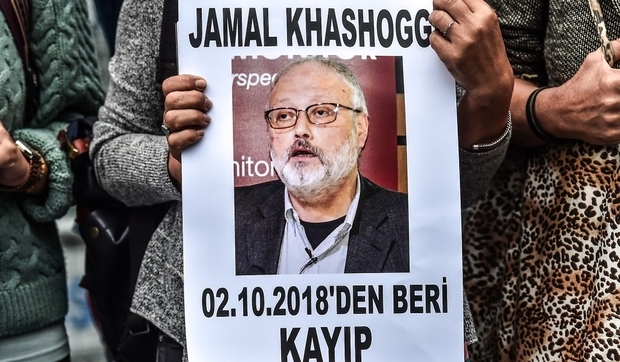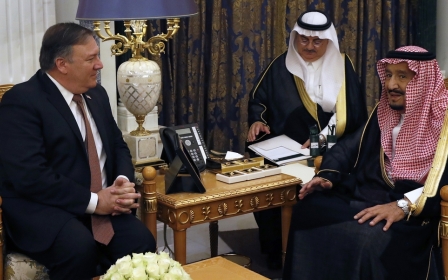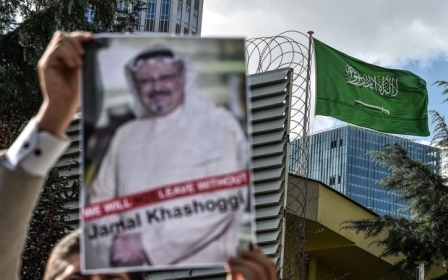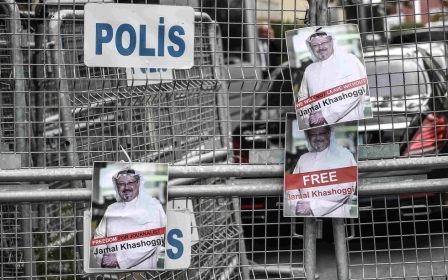UN rights chief calls for international investigation into Khashoggi murder

The Saudi trial of suspects involved in the assassination of journalist Jamal Khashoggi is "not sufficient," according to the office of the UN Human Rights High Commissioner.
On Friday, Ravina Shamdasani, a spokeswoman for commissioner Michelle Bachelet, called for an international probe to ensure justice for the late Washington Post columnist, who was murdered by Saudi government agents at the country's consulate in Istanbul early in October.
"We, as you know, have been pressing for justice in the Khashoggi case for months now," she said, according to a statement released by her office.
"We have been calling for an investigation, an independent investigation, with international involvement, and this has not happened yet."
Earlier this week, Saudi Arabia's prosecutor announced that the trials of 11 Saudis accused of being involved in Khashoggi's murder had begun in the Gulf kingdom.
The death penalty would be recommended against five of those suspects, the prosecutor said on Thursday.
Still, the identity of the suspects has not been released, leading some to question if the agents involved in the assassination had actually been detained by Saudi authorities.
A recently released Turkish book titled Diplomatic Atrocity claims that the main suspects in the murder, who include senior aides of powerful Saudi Crown Prince Mohammad bin Salman, have not been arrested but are in fact staying in luxury homes away from the public eye.
"Now while we are aware that a trial has taken place in Saudi Arabia, this is not sufficient, first of all," Shamdasani said on Friday. "Second of all, we are against the imposition of the death penalty in all circumstances."
Later in the day, a US state department official echoed the UN's concerns about the Saudi investigation.
"I don’t think from our point of view that the narrative emerging from the Saudis or the legal process has yet hit that threshold of credibility and accountability," the official, who chose not to be identified, said.
Middle East Eye propose une couverture et une analyse indépendantes et incomparables du Moyen-Orient, de l’Afrique du Nord et d’autres régions du monde. Pour en savoir plus sur la reprise de ce contenu et les frais qui s’appliquent, veuillez remplir ce formulaire [en anglais]. Pour en savoir plus sur MEE, cliquez ici [en anglais].




